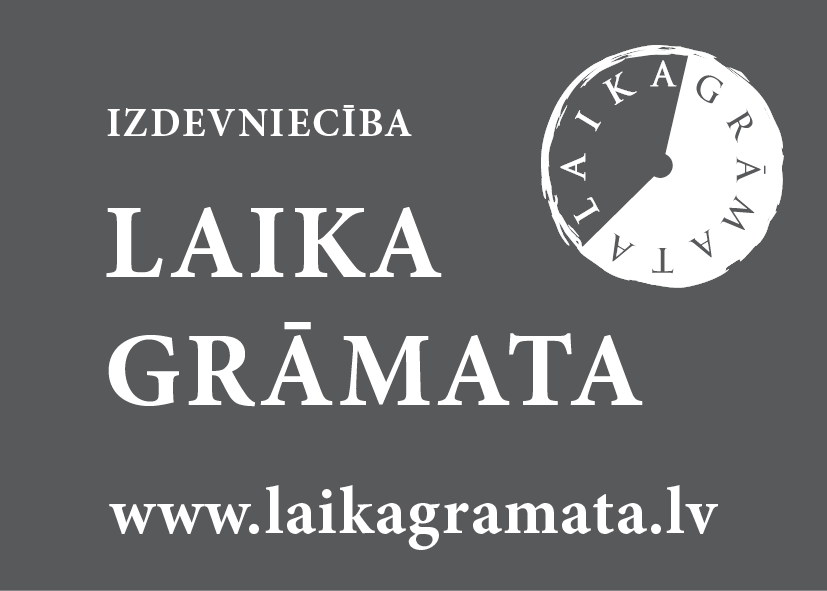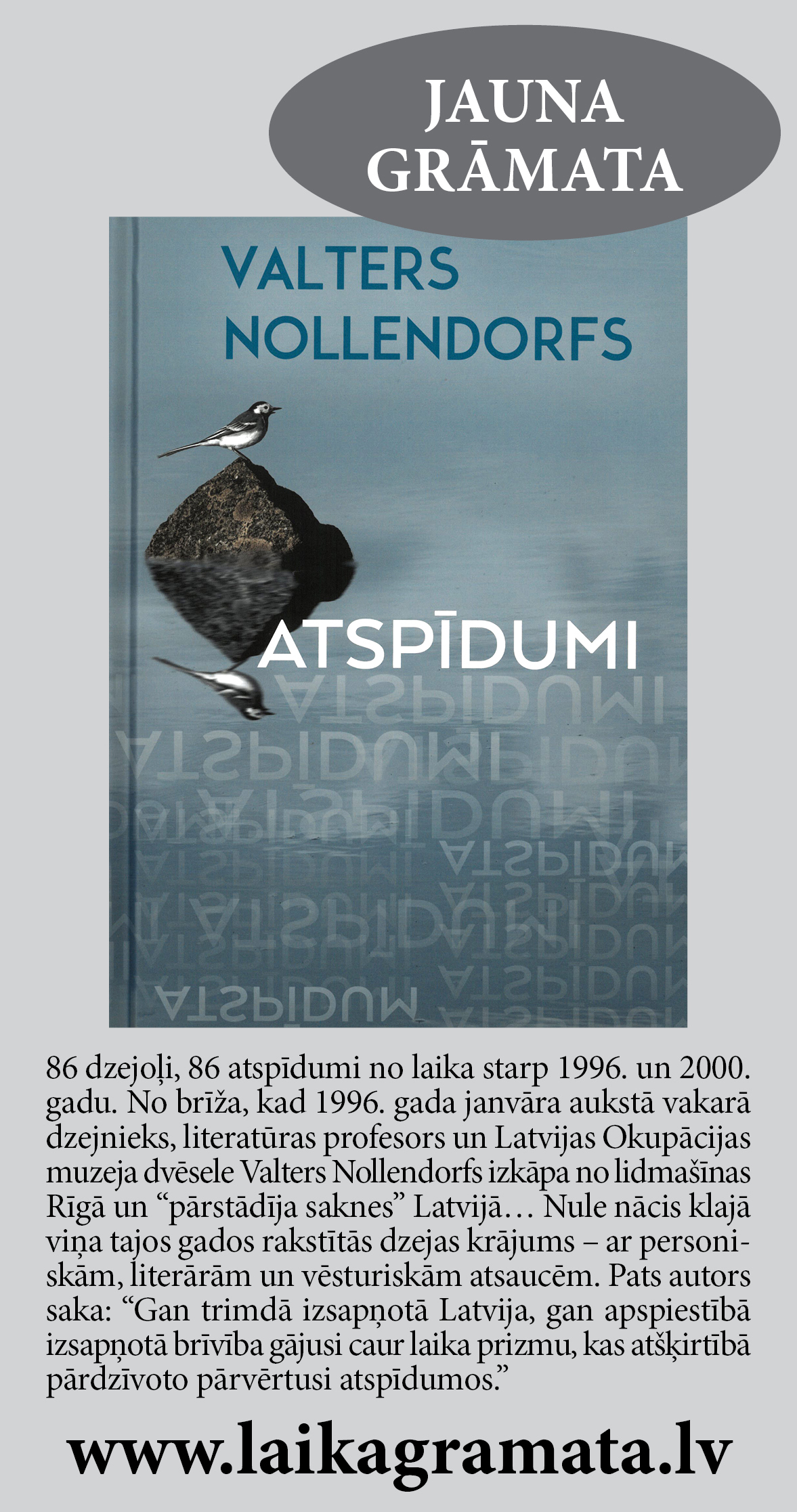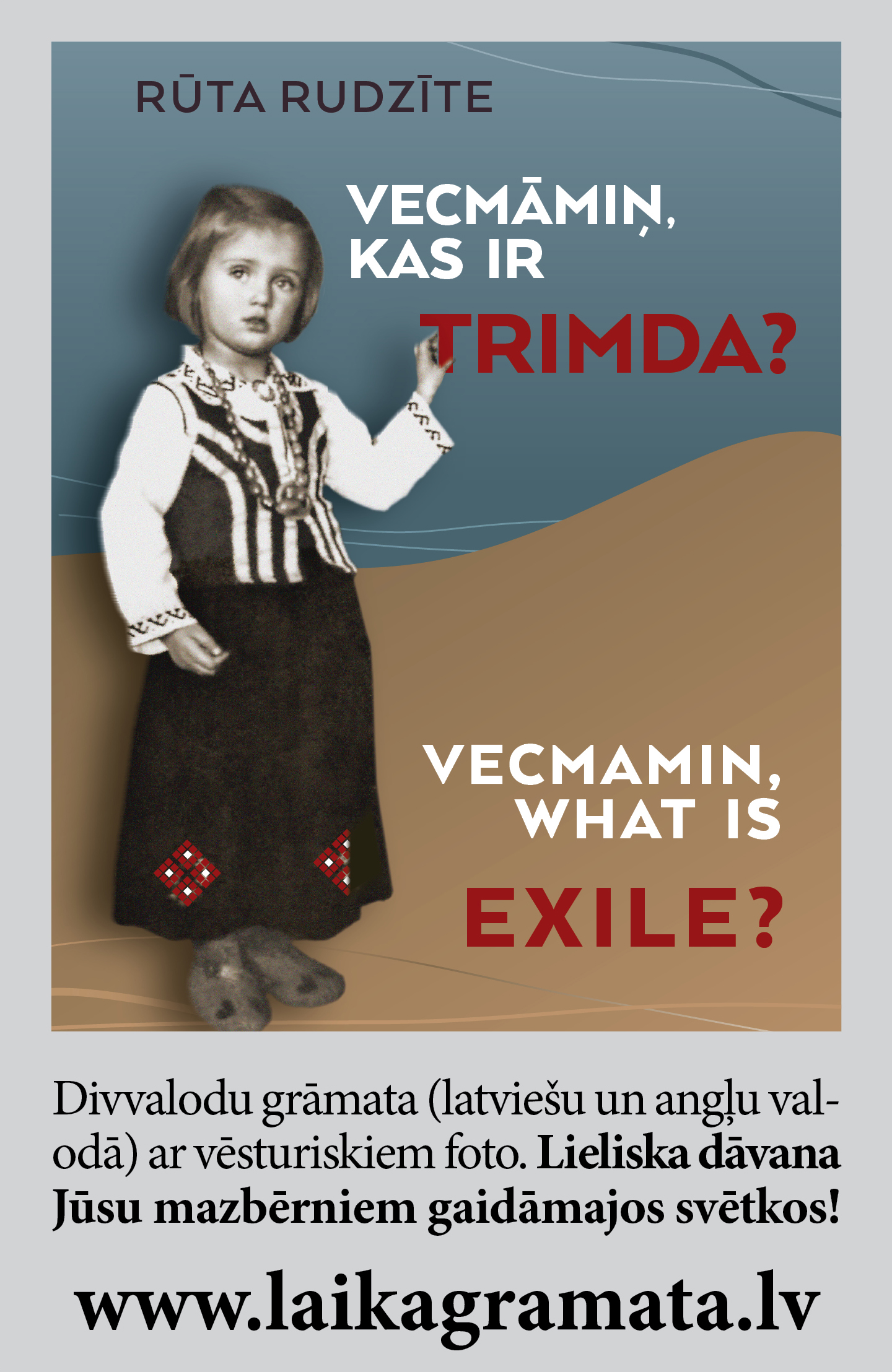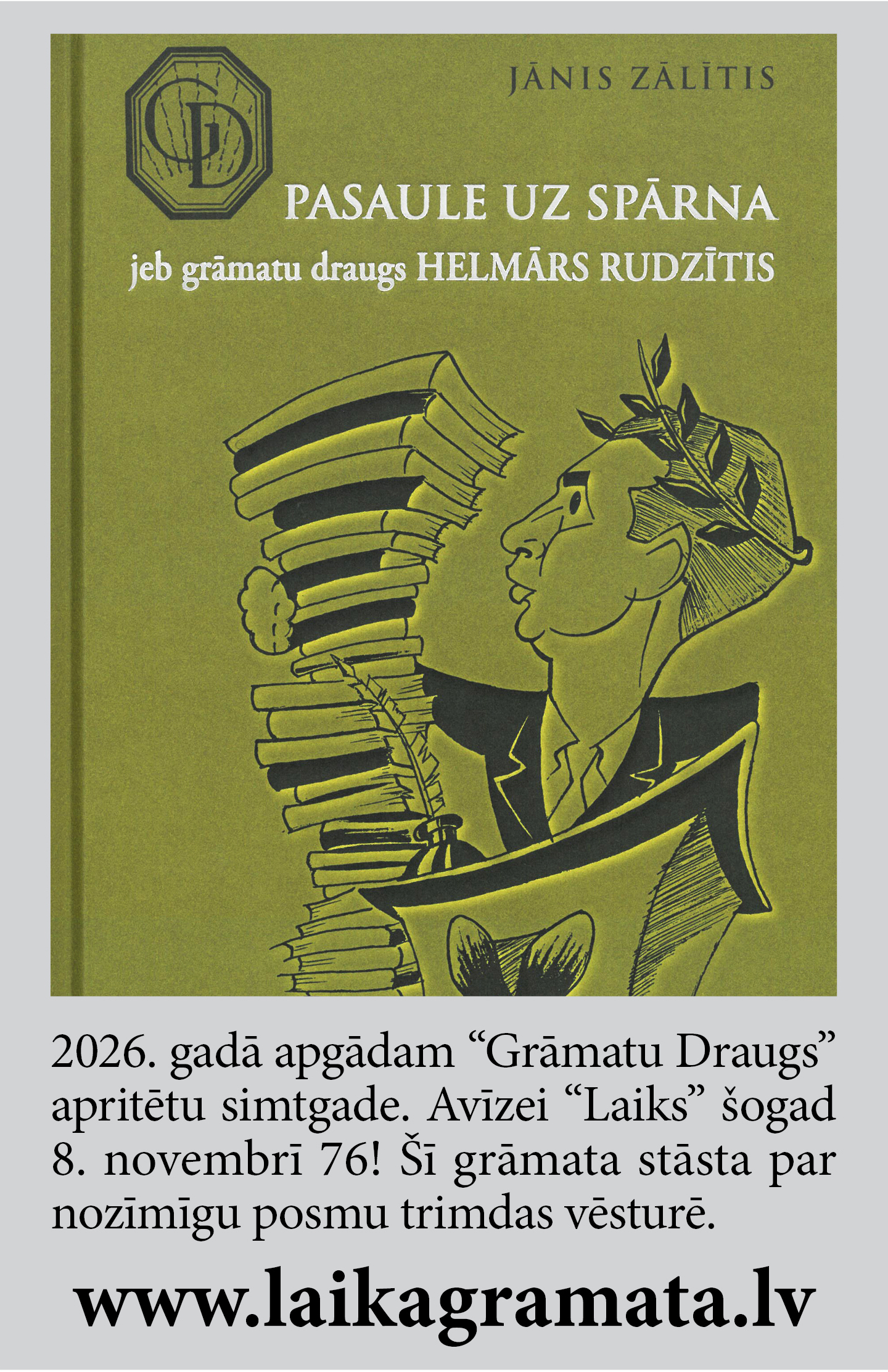


09.01.2014
LIFE IN RIGA
Lelde Beņķe (25) pietiekoši ilgi padzīvojusi Melburnā, Edinburgā, Briselē un Kvebekā, lai ar
jaunu pieredzi atgrieztos, un uz Latviju 2013. gada jūlijā atvestu līdzi savu draugu Alex (30), kas dzimis Skotijā. Tā, nu, sākas viņu piedzīvojumi, ko jaunieši nolēmuši atspoguļot no sava skatupunkta blogā Life in Riga internacionālā angļu valodā par Latviju un tās galvaspilsētu, par tās iedzīvotājiem, niķiem un stiķiem.
Blogs nav gluži parasts tūristu ceļvedis, bet gan viņu personīgās pieredzes atspoguļojums dažādās dzīves situācijās. Tiek apskatītas dažādas tēmas, sākot ar birokrātiskiem jautājumiem Pilsonības un migrācijas lietu pārvaldē, darba vidi, valodas jautājumiem Latvijā, izglītību, kā arī atpūtas iespējām Rīgā un ārpus tās mūriem. Šeit atrodamā informācija un ieteikumi ar nelielu humora piedevu noder ne tikai iebraucējiem, bet arī Latvijas iedzīvotājiem, jo varbūt tieši Alex Jums ieteiks labāko vietu, kur nesteidzīgi iemalkot vīna glāzi un nobaudīt labu ēdienu un ko darīt lielveikalā Jūsu draugam, kurš nerunā latviski.
Reizi pa reizei pārpublicēsim mājaslapā Life in Riga rakstus.
Ja vēlaties uzzināt un lasīt, ko vairāk par viņu pieredzi, apmeklējiet Life in Riga blogu
http://lifeinriga.com
Speaking English In Latvia
October 13, 2013 // Alex Cowles
Before moving to Latvia, one of the first questions I wanted to ask as a native English speaker was Will I be able to get by in Latvia with English? The answer so far has been yes, but with a few caveats and some useful phrases. First of all, I have a girlfriend who is a native Latvian speaker so when dealing with complex things like setting up the internet account for our our flat, dealing with buying furniture online or setting up a mobile phone contract, she has been there with me to help and either translate or deal directly with people.
Getting by with English very much depends on where you are. In the centre of Riga, most younger people are able to speak at least a little English. If youre in a supermarket, or a store, and the person behind the till looks under 35, then chances are they will speak good enough English to help you with your transaction.
If the person you speak to is older, then there is not as much chance you will have someone who can speak English, but I have still come in contact with plenty older people who at least have a little bit. Enough to tell me no electricity or we have a delivery for you. In the city, I would say that most people are used to dealing with people who dont have Latvian language skills. Tourists, exchange students and ex-pats are not unusual. At markets, you may find less English speakers, so its useful to learn a few phrases and some numbers to help you. Ive heard stories that some sellers at the markets may try to take advantage of tourists, so make sure you keep an eye on prices, and if you feel youre being taken advantage of, walk away. There are plenty stalls especially at the central market so you have choices.
The other thing to note is that Latvian isnt the only language spoken in Latvia. A percentage of people also speak Russian. Some speak both languages, some speak both plus English, and some only speak one or the other. Again most younger people have at least a small understanding of all three languages, but older generations perhaps only know Latvian or Russian.
Bear in mind that those over the age of 40 may have other language skills because during the second world war or the following Soviet occupation they relocated to elsewhere in the world before returning to Latvia after it regained independence. I know of a fair-sized Canadian-Latvian, Australian-Latvian and British-Latvian contingent that exist in the city.

In Vecrīga or the old town, most establishments will be able to deal with English speakers. The further out of town you go, the less likely people will so easily converse in English. Some restaurants have English on their menus, some even have separate English menus. Supermarkets and food shops generally dont have English on all the products, but pictures help, and once you know the Latvian words for milk (piens), sugar (cukurs), butter (sviests), cheese (siers), cream (krējums) and any other things youll need youll probably be fine.
For those who speak to you in Latvian, it helps to be able to explain that you dont understand and to ask them to speak in English if they can. I often use the phrase: Es nesaprotu Latviski I dont understand Latvian And a couple of others that help: Angliski, lūdzu English please
Vai jūs runājat Angliski ? Do you speak English?
I have a friend who has been here a bit longer than me. Hes a Canadian ex-pat, and he often explains nicely (in English) that hes going to try speaking in Latvian, and when he does those he speaks to are far more forgiving of any mistakes, and often welcome the interaction and attempts to speak the native language. Sadly, my own Latvian skills arent good enough for that yet.
Learning Latvian
I could and probably will write a separate post about this, but just as a quick primer, there are a few options for learning Latvian. Living here helps, since sometimes you may have no choice but to speak Latvian, and being surrounded by the language and people using it will definitely speed up the learning process.
For those who arent here yet, there are books such as the Teach Yourself series, a couple of half-decent iPhone/iPad apps (not familiar with Android options Im afraid), websites which can give you a quick intro and enough to get by and there are also classes for those who wish to spend a bit more to learn.
I intend on signing up for classes, so I can provide more on that in the coming posts. Hot tip: If you can find a book shop that sells learning aids for schoolchildren to learn English you can use these the other way round. I have a few sheets with pictures and words, as well as a book which is pretty useful for learning your nouns. The bottom line here is, you can get by on English, and a handful of people do, but for those who are serious about living here, it would be advisable to learn at least a bit of useful Latvian, so that if you find yourself in a squeeze, youre not completely stuck.
Atpakaļ
Apskatīt komentārus (0)

reklāmas banerim









